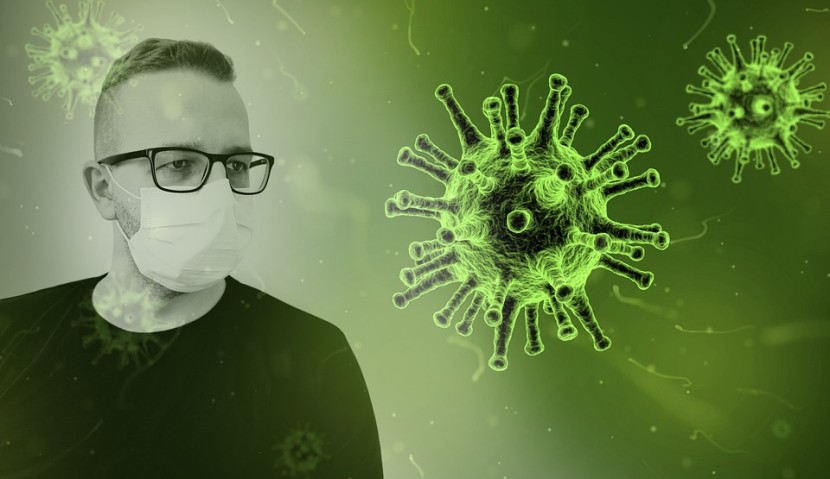
A study indicate that testicles make men more vulnerable to coronavirus, and it seems that the coronavirus play hide and seek when hunted by antibodies. This may explain why more men succumb to the virus.
A bold claim says that testicles are a compromising organ when it comes to the coronavirus that seems to confound many researchers.
Recently, it was found out the coronavirus had low shielding on the sugar coating of the spikes that causes it to be more of an opportunistic pathogen.
This explains why the pathogen goes to the testicles as a refuge, which is quite a surprising reaction for the most part on the pathogen.
Another thing about the COVID-19 is that it combines with other cells, expressing the ACE2 protein or angiotensin-converting enzyme 2 to bypass the cellular defences when infiltrating the host cell.
ACE2 proteins are found in various places in the body, located in the heart, lungs, and intestines. One exception are males that have more ACE2 proteins in the testes of testicles, though women have smaller amounts in the ovary.
Statistically, the coronavirus will affect men worse than it would women. Studies have pointed out that men in the UK will likely die two times more, compared to women, according to the Office for National Statistics (ONS). By the numbers, men had a death rate of 1,782.2 per 100,000, and women were 840.9 per 100,000.
Subjects in the study show that the ages ranged from the youngest at 3 to 75 years old, but a median of 37 as the middle count.
The research was done by Dr Aditi Shastri, an oncologist at Montefiore Medical Center in the Bronx, with the help of her mother Jayanthi Shastri, a microbiologist.
It was not published when it appeared on the medical website MedRxiv, it was not peer viewed yet as to when it went online.
According to Virology Professor Ian Jones at the University of Reading, the virus needs to transit the bloodstream to reach the testes. This assertion of the study has been criticized as unusual.
It is problematic that the virus reproduced in the respiratory tract, also to infect other organs it needed to go into the bloodstream where the antibodies are.
Any virus that travels the bloodstream to infect other areas is anomalous and something alien for the coronavirus to do.
Males seem to get the brunt of infections that women would in immunity matters, it might be because of having one X chromosome, which according to the author is an imbalance. The author's work is not peer-viewed yet.
A stark contrast exists when women in the research had four days before clearing the infection, men were at 50% more to get over the infection with 6 days to their four days. This study was participated in by three families, results were that men took a bit longer than women to get better from a coronavirus infection.
Jonathan Ball, Professor of Molecular Virology at the University of Nottingham cited a study that found no coronavirus in the semen of positive infections, saying it was a wrong assumption it stored the pathogen.
One study was not peer-viewed that several males had their semen tested for COVID-19, one sample had the virus but died, he added.
Finally, none of the samples had the coronavirus, and the testes as are reservoir is not correct.
Professor Derek Hill of the University College in London said that more data is needed to know if testicles make men more vulnerable to coronavirus.
Relate article: Israeli COVID-19 Treatment Reports 100% Survival Rate
© 2025 HNGN, All rights reserved. Do not reproduce without permission.








